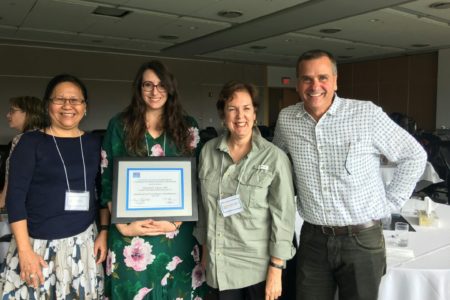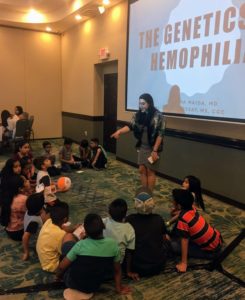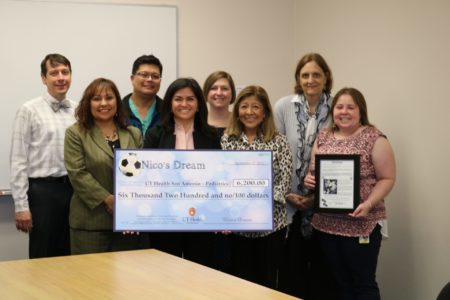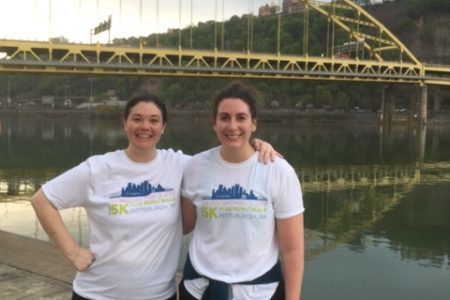Program Goals
Fellowship Goals are to develop:
- Outstanding clinical physicians who possess an in depth experience in the evaluation, treatment and evidence-based management of children with hematologic and oncologic disorders;
- High quality basic scientists, clinical investigators or clinical educators who are well suited to pursue academic careers focusing on medical research or medical education in the realm of childhood diseases as broadly defined by hematology and oncology; and
- High quality clinicians who continue a lifelong commitment to patient care and community involvement.
To this end, the program is divided into two distinct phases to efficiently meet these goals.
Phase I: First Year Clinical Training
The primary focus of the first year is to establish a solid foundation of clinical knowledge and experience to allow the fellow to proceed with the necessary steps to ultimately function independently in patient care. This goal is achieved utilizing three features of the program:
An in depth curriculum consisting of rotations on the inpatient service, alternating with outpatient clinical and elective rotations including stem cell transplantation, radiation oncology, gross and hematopathology, transfusion medicine, and general laboratory medicine, outside the division surveying a broad range of clinically relevant programs to ensure the fellow is well familiarized with every aspect of care for hematology and oncology disorders.
A curriculum of small group learning sessions including board review questions, case-based synthesis and didactic lectures spanning a broad range of clinical topics to establish a solid knowledge base and to raise the level of sophistication in the fellow’s intellectual thinking and to critically review clinical data and to formulate thoughtful plans in the management of their patients.
Formal presentations on clinically relevant topics in both hematology and oncology by the first year clinical fellow during case conference, journal club and tumor board.
Phase II: Early Career Development
During the second and third year of the program, the fellow is given the opportunity to develop and complete their scholarly activity. They are encouraged to pursue original laboratory, translational or clinical research projects. During the first year, the fellow will identify which research strategy is most appropriate for them given their background, past experience and long-term career goals as well as a mentor for their scholarly activity.
As directed by the American Board of Pediatrics, the Division of Pediatric Hematology-Oncology maintains a Pediatric Scientific Oversight Committee (PSOC) to evaluate fellow progression in their scholarly activity and provide appropriate feedback and guidance.




